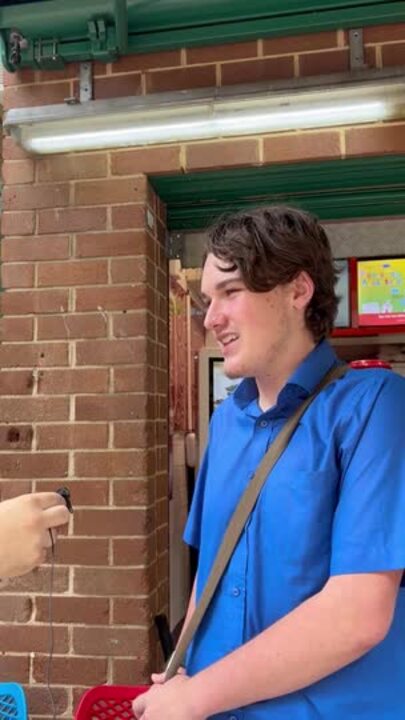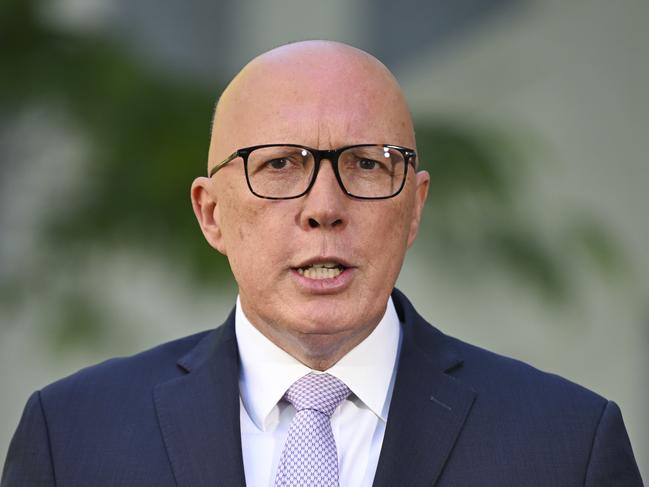New data shows how cost of living crisis is harming Australians
Alarming new data shows the shocking ways the state of the economy is impacting the lives of Australians.

National
Don't miss out on the headlines from National. Followed categories will be added to My News.
More than a third of Australians say they have delayed medical treatment because of the current economic conditions while almost half say they have put off buying a home, a new car or other major purchases.
There was also major concern in the electorate about the impact of a potential minority government after the next election, with half of voters saying they thought it would be bad for the country’s economy and themselves personally.
The demonstration of how the cost-of-living crisis is impacting the lives of Australians is contained in the latest Redbridge survey of the state of the nation, which also showed for the first time more people agree than disagree with the idea Peter Dutton is ready for government.

Worryingly the poll found more than a quarter of people – 28 per cent – say economic conditions have caused them to put off having children while 20 per cent say they have delayed their decision to get married.
Overall 35 per cent of Australians say the current state of the economy has impacted their decision to seek medical treatment.
But the effect has been much greater among people on lower incomes.
While only a quarter of people living on more than $3000 a week have put off medical treatment due to economic conditions, the percentage rises to 39 per cent for people living on between $1,000 and $1,999 a week and 41 per cent for people who are forced to make do on less than $1,000.
There are also huge differences in how the economy has impacted people in different jobs.
While only 30 per cent of managers and professionals say they have delayed medical treatment that rises to 39 per cent for blue collar workers and 43 per cent of people in sales, services and clerical jobs.
Almost half of the people who are not working – 46 per cent say they have put off medical treatment because of medical conditions.
The impact of skyrocketing housing costs is also hitting home, with more than a quarter of Australians - 28 per cent - saying they spend more than 40 per cent of their income on housing while almost half – 48 per cent – say they spend more than 30 per cent.

Redbridge director Tony Barry said the cost-of-living pressures and their relationship to housing was still the main fault line in politics at the moment.
“But access to affordable and timely public and private health care is the sleeper issue at the next election,” he said.
He said the level of anxiety and grievance in the electorate were vote shaping dynamics that had incumbent governments fighting against political gravity.
“With these forces at play it is going to be a very tough election campaign for Albanese to sell a message of hope, particularly as he has a low campaign IQ,” he said.
“With just over one-third of all Australians and 40 per cent of women already delaying medical treatment because of economic conditions, this is a huge political and policy challenge for major parties,” he said.
The new survey also found half of voters saying they thought it would be bad for the country’s economy and themselves personally if Australia voted for a minority government at the next federal election.
This concern was much higher among men – 55 per cent – than women 45 per cent.
Mr Barry said that with half of voters agreeing a minority government will have both national and personal economic consequences and only 18 per cent disagreeing, there is a real opportunity for the Liberal Party to push that message in Teal seats.
“Teal MPs will be concerned that 43 per cent of independent and minor party voters and 47 per cent of those living in the inner and middle suburbs as well as 42 per cent of those voters aged between 18 and 34 accept the proposition that a minority government will mean poorer personal consequences,” he said.
Originally published as New data shows how cost of living crisis is harming Australians





